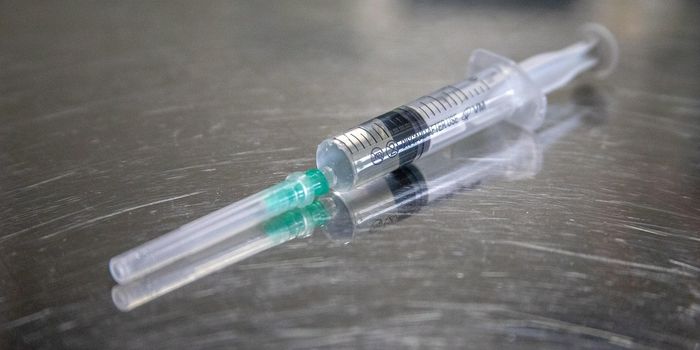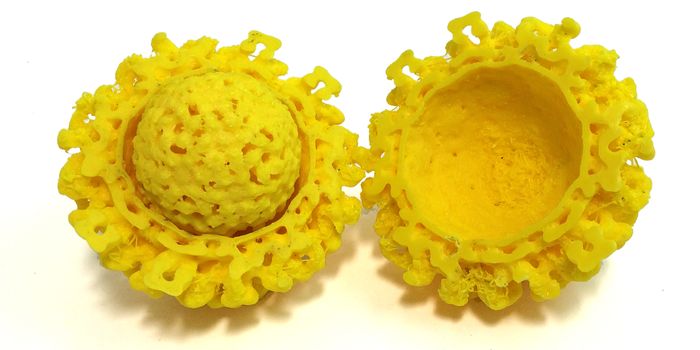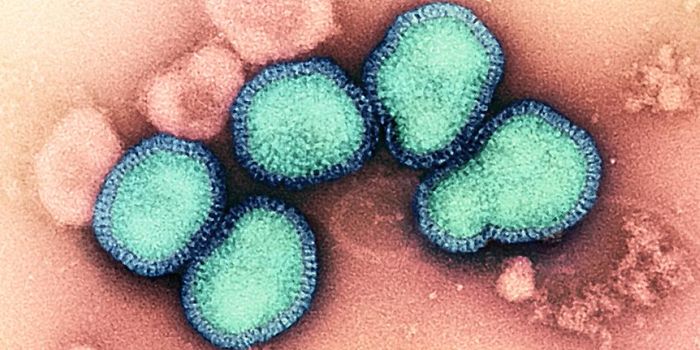Hormone Therapies Keep Urinary Tract Infections at Bay
More than half of all women will suffer from a urinary tract infection, or UTI, during their lifetimes. Women are considerably more susceptible to developing UTIs than men, with experts estimating an eight-fold elevation in infection risk. More than being uncomfortable and annoying, there are serious consequences should the infection spread to the kidneys.
A recent study has revealed an unlikely connection between menopausal hormone therapy and protection against UTIs. This US-based study, a first of its kind, also demonstrated an interesting fact: women who suffer from frequent, persistent UTIs have different types of bacteria in their urine, indicating a disruption in the natural microbiome of the urinary tract. The results of the study were presented at the European Association of Urology Virtual Congress in Amsterdam.
This work, which was led by Nicole J. De Nisco, a professor at the University of Texas at Dallas, analyzed DNA from the bacteria present in the urine of 75 postmenopausal women. The results indicated that women who don’t experience recurrent UTIs have ten times more variety in the bacterial types present in their urine than those who do. The women who were taking hormone therapy also had more Lactobacillus-type bacteria present in their urine.
This implies that the estrogen in the hormone replacement therapy might be creating an environment in the urogenital tract where Lactobacillus flourish, resisting the takeover by “bad” UTI-causing bacteria.
“This is important because Lactobacilli are known to play a protective role against infections in the vagina and this function may be conserved in the urogenital tract,” said De Nisco.
“If Lactobacillus really can help with UTIs, development of a probiotic to use in conjunction with MHT may avoid antibiotic use in these women, but this needs to be tested.” These results also fit with previous work showing that women tended to have many more infections after menopause.
Follow up studies are focused on understanding the links between Lactobacillus colonization and the health of the urogenital system. “Possible future applications may include administering probiotic vaginal pessaries to women at risk of infection and perhaps prescribing estrogen therapy,” added De Nisco.
Sources: European Association of Urology Congress, Journal of Molecular Biology.









